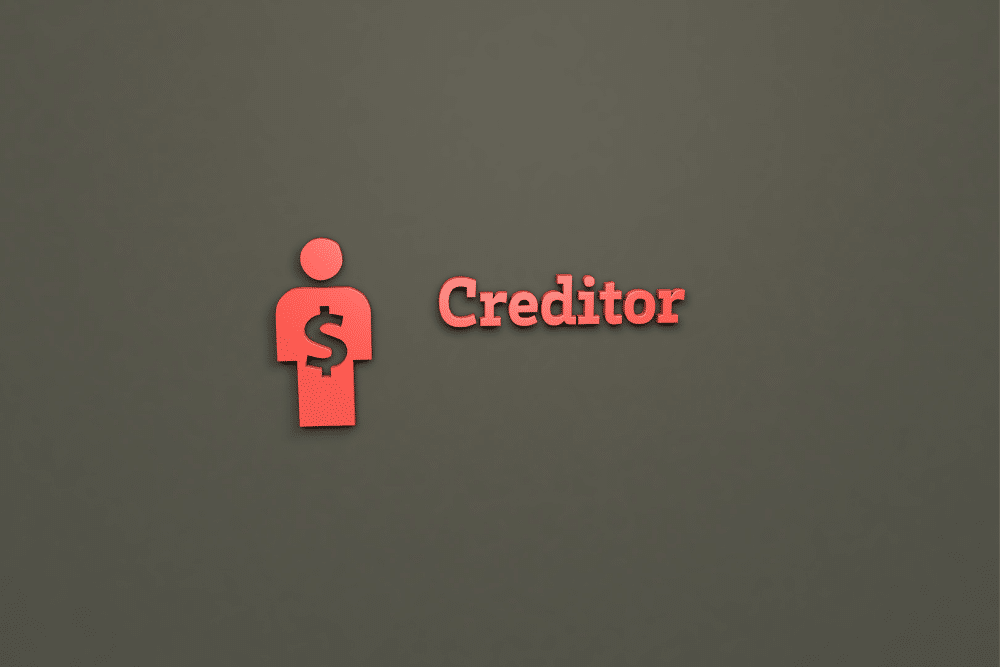
What Are Outside Creditors? What You Need to Know
By: Barry E. Haimo, Esq.
May 31, 2021
We’ve talked in previous posts about who creditors are and how they can go after your assets. In “What’s an Inside Creditor?”, we discussed the basics of protecting your personal assets from creditors going after your business.
One of the most common ways to protect your assets from inside creditors is by forming a business entity, such as a corporation or limited liability company (LLC). But while forming an LLC or corporation can shield your personal assets from inside creditors, they still remain vulnerable to outside creditors.
What is an “outside creditor”?
While inside creditors are creditors for a business or an entity like a trust, outside creditors are personal creditors. Essentially, these types of creditors are involved in debts created from personal dealings outside of your business. And they can go after personal, rather than business, assets.
Any time you sign a contract or take out a loan under your name, rather than your business, you may have to answer to these types of creditors later.
When Do I Owe Money to Outside Creditors?
There are many situations in which creditors may come after your assets. The following will leave you vulnerable to these types of creditors:
Personal Loans
Such as those for buying a house, leasing an apartment for residential purposes, and higher education, are debts owed to outside creditors.
Credit Card Debts
These can also expose you to outside creditors.
Failing to Pay Your Utilities
Miss payments for electricity, gas, cable, internet, phone bills and the like will bring outside creditors to your door.
Auto Accidents
If you are found to be at-fault for an auto accident, the injured person is an outside creditor. Insurance may not cover all of the damages owed.
Tort
If you personally are found to be at fault for the negligence or damage within a tort, you will be pursued by outside creditors.
Missing Child Support Payments
Spouses seeking child support payments are outside creditors.
As you can see, many different situations can bring outside creditors into your financial situation. It almost seems impossible to avoid them!
So, when outside creditors come for your assets, how do you keep them safe?
How to Protect Yourself From Outside Creditors
You need to protect your assets in order to share them with loved ones and future generations. Your estate planning attorney may recommend the following strategies for you:
- Taking advantage of Florida’s homestead laws
- Purchasing insurance to mitigate risk
- Retitling assets
- Funding qualified retirement plans
- Forming and funding Family Limited Partnerships
- Forming and funding Revocable/Irrevocable Trusts
- Forming and funding Charitable Trusts
- Engaging in Digital Asset Protection
Different strategies will be more effective for different business owners, families, and individuals. An experienced estate planning attorney can point you in the right direction and map out a purposeful strategy for protecting your assets.
Failing to take action to protect your assets will leave you vulnerable to creditors. They may be able to acquire the assets you planned to set aside for your future and the future of your loved ones.
Contact an estate planning attorney today to discuss your asset protection needs and to set you up for lifelong financial security – and beyond.
Originally published 6/9/16. Updated 5/31/21.
Author:
Barry E. Haimo, Esq.
Haimo Law
Strategic Planning With Purpose®
Email: barry@haimolaw.com
YouTube: http://www.youtube.com/user/haimolawtv
YOU ARE NOT OUR CLIENT UNLESS WE EXECUTE A WRITTEN AGREEMENT TO THAT EFFECT. MOREOVER, THE INFORMATION CONTAINED HEREIN IS INTENDED FOR INFORMATIONAL PURPOSES ONLY. EACH SITUATION IS HIGHLY FACT SPECIFIC AND EXCEPTIONS OFTEN EXIST TO GENERAL RULES. DO NOT RELY ON THIS INFORMATION, AS A CONSULTATION TO UNDERSTAND THE FACTS AND THE CLIENT’S NEEDS AND GOALS IS NECESSARY. ULTIMATELY WE MUST BE RETAINED TO PROVIDE LEGAL ADVICE AND REPRESENTATION. THIS INFORMATION IS PROVIDED AS A COURTESY AND, ACCORDINGLY, DOES NOT CONSTITUTE LEGAL ADVICE.